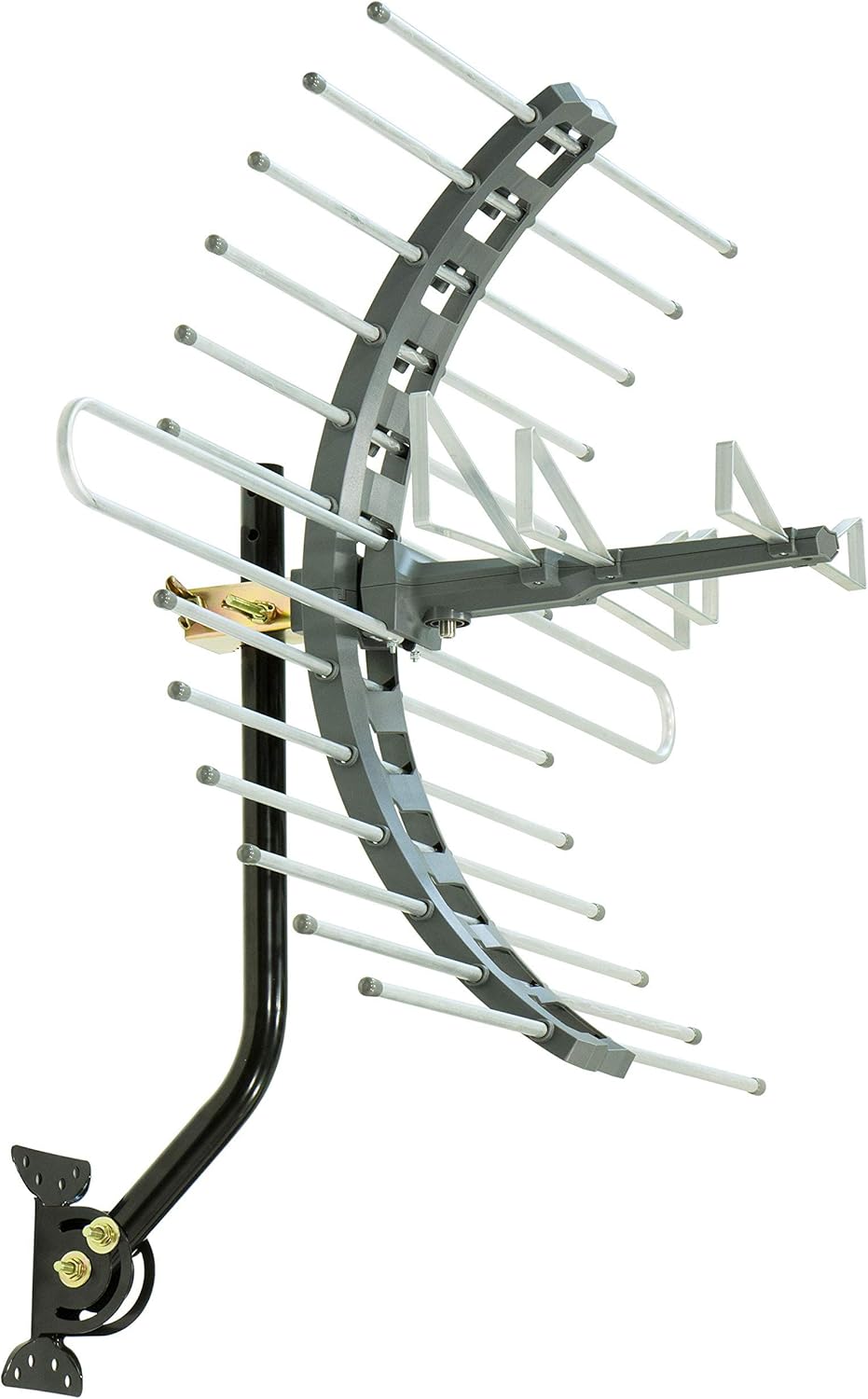Home Tests
Reviews in that Category
Home tests, also known as at-home tests or home testing kits, are medical diagnostic or screening tests that individuals can perform in the comfort of their own homes. These tests have gained popularity in recent years as they offer convenience and privacy to individuals who want to monitor their health or check for specific medical conditions without visiting a healthcare facility. Here are some key points about home tests:
Types of Home Tests: Home tests cover a wide range of health conditions and parameters. Some common types of home tests include:
Pregnancy Tests: Used to detect pregnancy by measuring the presence of the hormone hCG in urine.
Blood Glucose Monitoring: Allows individuals with diabetes to regularly monitor their blood sugar levels using a glucometer.
Cholesterol Testing: Measures cholesterol levels in the blood to assess the risk of heart disease.
Ovulation Tests: Helps individuals track ovulation for family planning purposes.
Stool Tests: Used to screen for gastrointestinal issues, including colorectal cancer.
Urinary Tract Infection (UTI) Tests: Detects the presence of bacteria or other indicators of a UTI in urine.
How They Work: Home tests typically come with detailed instructions on how to collect a sample (e.g., urine, blood, stool) and perform the test. The sample is then analyzed using the provided kit, and the results are displayed on the test strip, device, or via a smartphone app in some cases.
Accuracy: The accuracy of home tests can vary depending on the specific test and how well the instructions are followed. Some tests are highly accurate, while others may have limitations.For critical health conditions, it's essential to consult a healthcare professional for confirmation and guidance.
Advantages: Home tests offer several advantages, including convenience, privacy, and the ability to monitor health conditions without regular doctor visits. They are particularly useful for tracking chronic conditions and managing them more effectively.
Limitations: Home tests are not a substitute for professional medical advice and diagnosis. They may provide initial information, but a healthcare provider should be consulted for a comprehensive evaluation and treatment plan.
Regulation: In many countries, home tests are regulated to ensure their safety and accuracy. Regulatory bodies may approve or clear specific home testing kits for consumer use.
Availability: Home tests are widely available through pharmacies, online retailers, and even some grocery stores. Some may require a prescription, while others can be purchased over the counter.
Cost: The cost of home tests varies widely based on the type of test and brand. Insurance coverage may also vary for different types of home tests.
Privacy and Confidentiality: Many people appreciate the privacy that home tests offer, as they can conduct the tests in their own homes and receive results discreetly.
It's important to emphasize that while home tests can be useful for monitoring certain health parameters, they are not a replacement for regular check-ups with healthcare professionals. Additionally, for any concerning results or symptoms, it's crucial to seek medical advice and follow up with appropriate medical care.


